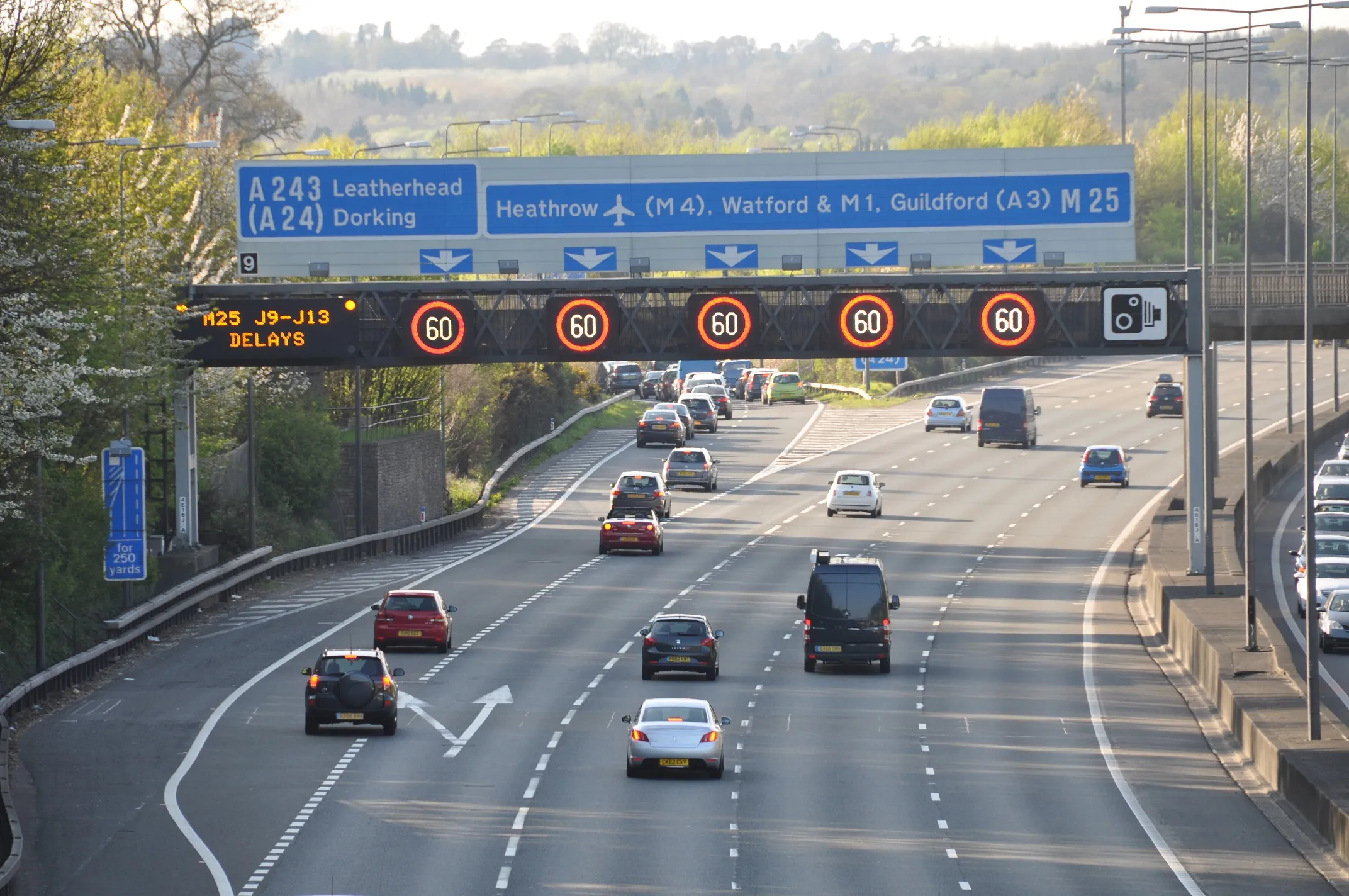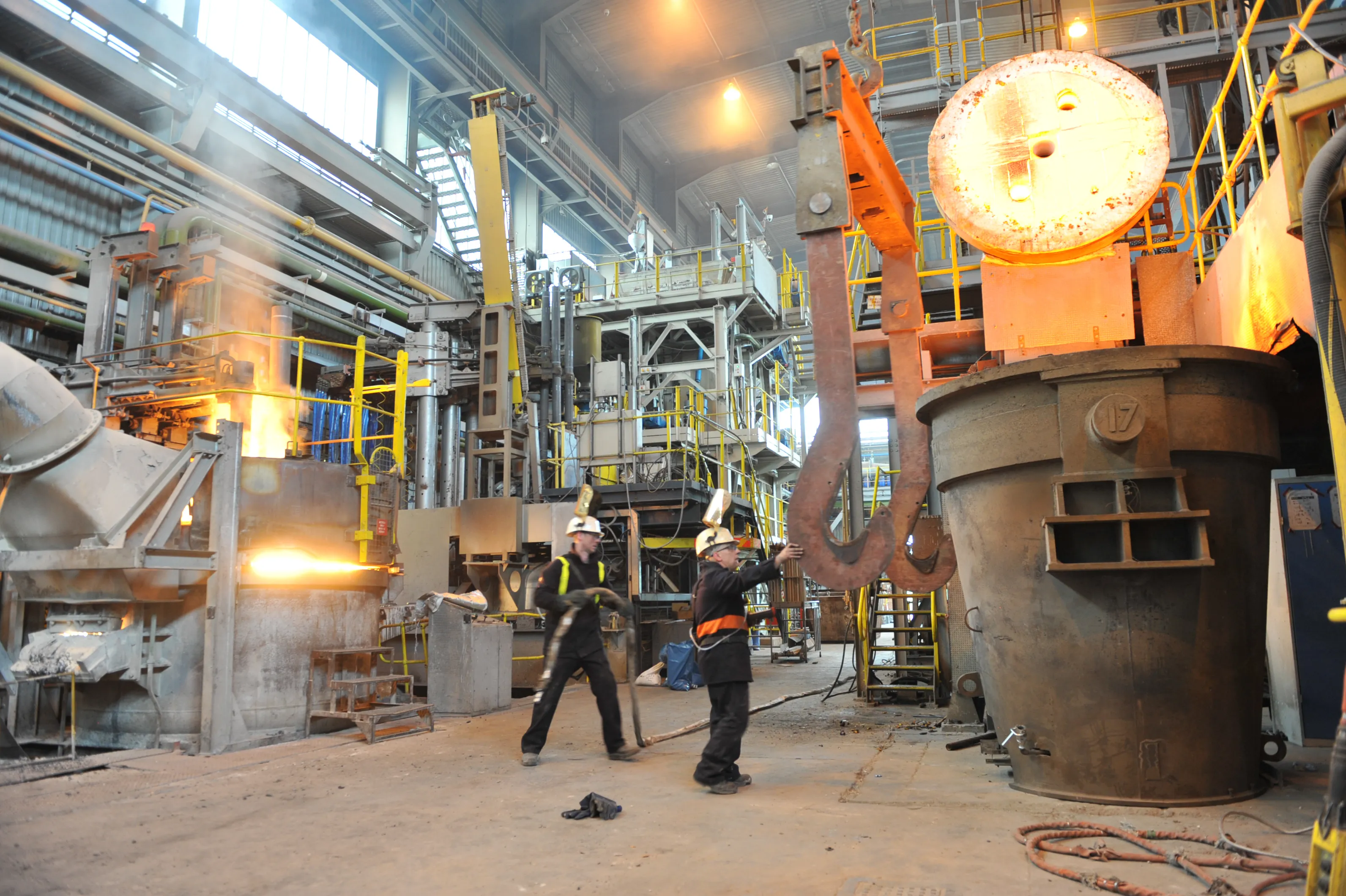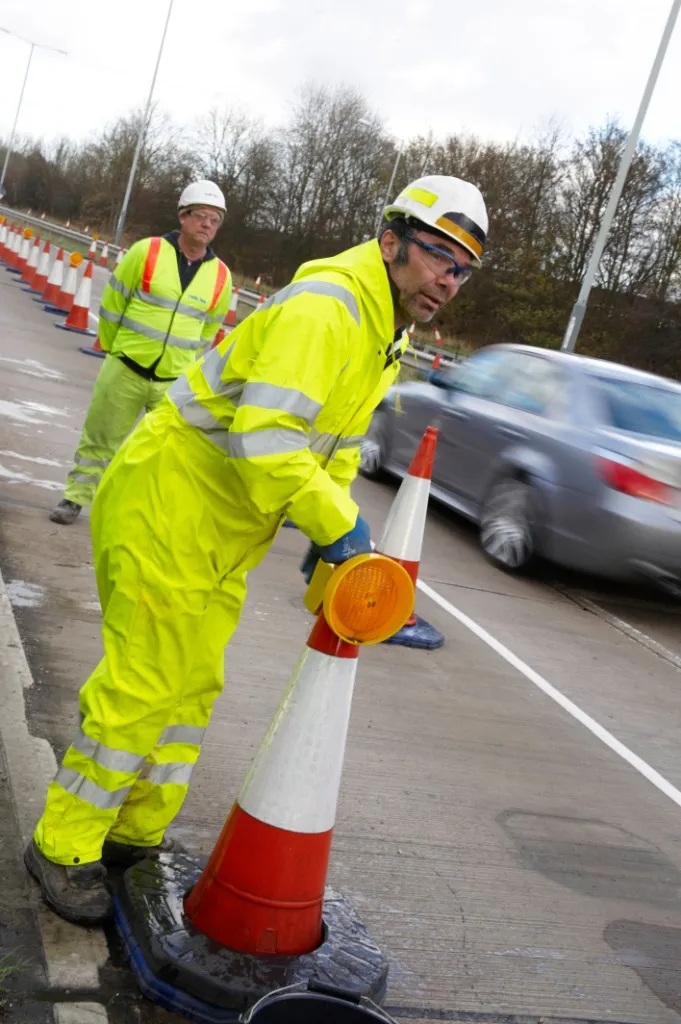
Highways England has awarded the first of three major contracts to revitalise concrete road surfaces across the country.
Over the next four years, Highways England will work with infrastructure and engineering companies AECOM and Atkins to provide design, supervision and project management services on a nationwide programme to repair or replace the concrete surface of a number of motorways and major A roads.
The project is part of Highways England’s Road Investment Strategy €450 million (£400 million) commitment to improve the quality of 965km of existing concrete roads, with this Design Framework contact worth €44 million (£39 million) being the first of three major contracts to be award this year.
Most of England’s concrete roads were built in the 1960s and 1970s and are now past their design life as well as carrying up to 25 per cent more traffic than for which they were designed. The roads are in need of vital upgrades, according to Highways England, the government-owned company responsible for modernising, maintaining and operating England’s motorways and major A roads.
Some surfaces will be repaired to extend their life and others will be fully replaced, said Martin Fellows, Highways England regional director.
“The framework [contract] gives us the opportunity to build on work already underway… by using innovative digital assessments to measure the technical and customer benefits for concrete surface treatments,” said Ian Spellacey, client director for strategic highways with Atkins.
Highways England said it will award two more contacts this year under the Concrete Roads Programme. The first be for lifecycle extension works, a contract worth around €75.3 million (£67 million).
The final contract is the Concrete Roads Reconstruction Framework – worth €245 million (£218 million) across four years. It will cover demolish concrete surfaces and pouring replacement concrete surfaces.
Highways England has also established a national centre of excellence under their Concrete Roads Programme. It will be a focal point for regional schemes to establish a standardised approach and ensure consistency of delivery across England.








